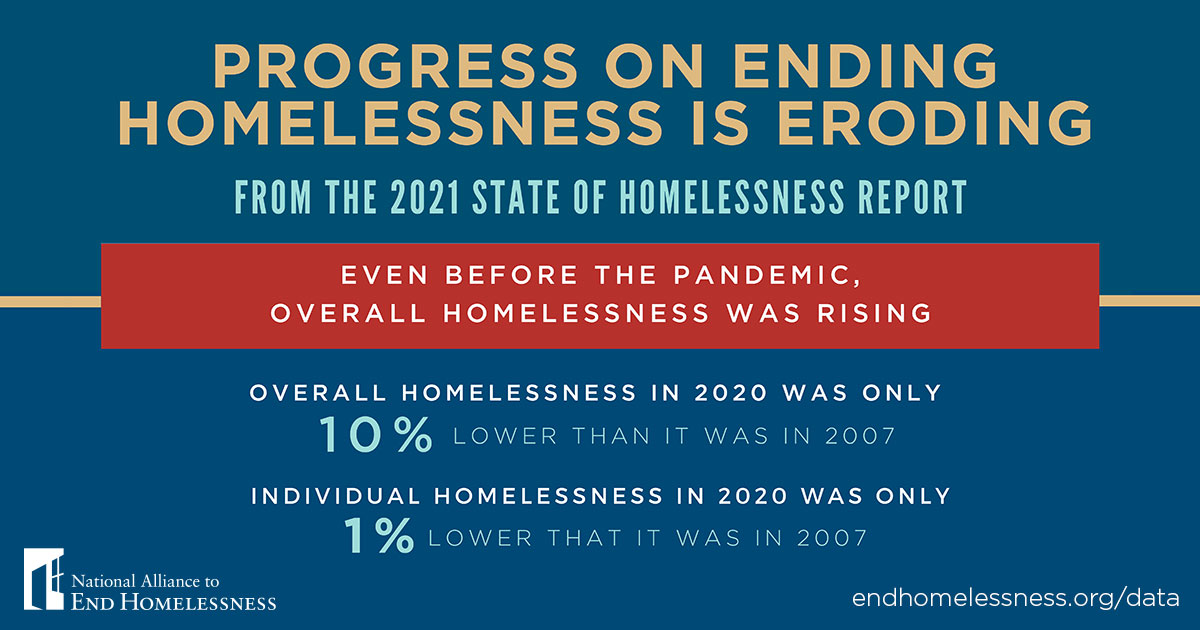Dear Dads,
Many parents today are concerned about the potential for their children to fall prey to the trap of nihilism.
Nihilism is a philosophy that denies all meaning and value, concluding that life is ultimately without purpose or worth. It can lead to beliefs that life is meaningless, or feelings of hopelessness and despair. Fortunately, there are steps you can take as a parent to help your children understand, and avoid, nihilism.
One of the best ways to prevent youths from falling victim to nihilism is through education. Helping them understand basic concepts in philosophy, religion, and psychology will help them better recognize and evaluate arguments they encounter that are in favor of nihilistic thinking. Explain why these arguments are flawed, why logical fallacies may be present, and what alternative perspectives exist. Showing them how to think critically about these matters will equip them with the skills necessary to avoid dangerous ideas like nihilism.
Another important step for preventing nihilism is by teaching your children positive values, and helping them form meaningful connections with other people in their life. Encourage positive behavior towards others by modeling it yourself and reinforcing it when they do something generous or kind. This will help strengthen their sense of empathy and morality. Believing that life has meaning because it has moral implications can be a powerful safeguard against pessimistic thinking like nihilism. Additionally, making sure they have healthy relationships with friends and family – whether it be through activities, shared interests, or just spending quality time together – will give them hope that things can get better even if they’re struggling right now.
Finally, don’t forget to stress the importance of mental health too! Mental health issues such as depression can make it easier for someone to become susceptible to nihilistic thoughts due the lack of motivation or purpose they feel in life. Make sure you’re creating a safe space where your child feels comfortable opening up their feelings so you can detect any possible warning signs early on before their mental health deteriorates. Talk about healthy coping mechanisms such as exercise or journaling. Finding positive outlets for any negative emotions will provide an outlet for difficult situations which might otherwise lead someone down a path towards nihilism.
By taking these steps and actively engaging in conversations about this topic with your children, you’ll ensure they understand what nihilism truly means – rather than simply dismissing it as ‘just one way of looking at things’ – so they won’t be tempted into adopting those beliefs themselves later on down life’s road!
Chris





